Meet the Trainers
Local organizer:
Judit Knisz, PhD is a biologist and senior research scientist at the Ludovika - University of Public Service, Faculty of Water Sciences, Baja, Hungary. In addition to teaching duties, she leads investigations into critical areas of environmental science. Her research areas encompass the biodegradation process of contaminants of emerging concern in small, on-site wastewater systems and exploration of microbiologically influenced corrosion. She has 10 years of experience in the field of MIC including detection and monitoring of MIC in cooling water systems and in the analysis of MIC related microorganisms. She serves as a management committee member and working group leader (WG1-Intersectoral bridging) of the Euro-MIC COST Action. She is the Hungarian representative of the International Biodegradation and Biodeterioration Society (IBBS), member of the Hungarian Corrosion Association (HUNKOR) and The Association for Materials Protection and Performance (AMPP) where she serves on several standard committees.
Contact: knisz.judit @uni-nke.hu
LinkedIn: https://www.linkedin.com/in/judit-knisz-8b65b790/
Invited trainers:
Andre Abilio is an Engineering Technical Professional at BAM (the German Federal Institute for Materials Research and Testing). He currently works on the effects of microbiologically influenced corrosion (MIC) in underground hydrogen storage (UHS). Mr. Abilio has over 4 years of experience on MIC, including the work he carried out over his master’s degree on risk-based inspection (RBI), susceptibility modeling, and artificial intelligence regarding failure investigations of MIC in upstream oil and gas pipelines. Mr. Abilio is licensed in Brazil (CREA-RJ as Engineer) and Canada (APEGA, Engineer in training, EIT), and he is a member of standard committee 22 of AMPP (formerly NACE) on Biodeterioration and one of the leads of the European association of microbiologically influenced corrosion, the Euro-MIC Network.
Contact: Andre.Abilio@bam.de
LinkedIn: https://www.linkedin.com/in/aaabilio/
Richard Eckert, Principal Owner of Microbial Corrosion Consulting, LLC, has over 43 years of experience with oil and gas industry corrosion/failure investigations, internal corrosion and MIC assessment, mitigation and management; materials selection, forensic corrosion engineering, litigation support and regulatory compliance. He is the author of 4 books and over 50 publications on internal corrosion mitigation and monitoring, corrosion failure investigation and microbiologically influenced corrosion. Mr. Eckert is a NACE International certified Internal Corrosion Specialist, and AMPP Fellow. He previously served on the NACE Board of Directors and has chaired a number of technical committees that produced standards on corrosion management and internal MIC of pipelines. He is co-editor of “Failure Analysis of Microbiologically Influenced Corrosion” from 2021 (CRC Press) and is frequently lecturing and teaching on the topic of MIC.
Contact: Rick@microbialcorrosionconsulting.com
László Péter, PhD is a scientific advisor at the HUN-REN Wigner Research Centre for Physics (Budapest, Hungary). He graduated as a teacher of physics and chemistry at the Eötvös University of Budapest in 1992 and obtained the PhD degree at the same university in 1995. After spending 2 years in the USA as a postdoctoral fellow and 1 year in Japan as a visitor scientist, he returned to his home country and started working the in predecessor of his present employer. His main interest is electrochemistry; in particular, the formation of solid phases in electrochemical processes, the physical properties of electrodeposited materials and corrosion. Beside electrochemistry, he deals with various fields of experimental physical chemistry and research aspects of industrial problems, and he is the chief operator of the scanning electron microscope of his institute. He is a highly committed teacher, also a training course coordinator of an earlier COST programme. His publication list includes more than 120 research papers, 1 monograph and 2 book chapters. He is the founding secretary of the conference series called international Workshops on Electrodeposited Nanostructures (EDNANO). In 2013, he became the doctor of the Hungarian Academy of Sciences. From 2020, he is one of the topical editors of Journal of Solid State Electrochemistry (Springer).
Contact: peter.laszlo@wigner.hun-ren.hu
Anette Alsted Rasmussen, PhD, specialist in corrosion and surface technology has more than 20 years of experience with damage investigation and mitigation.
More than 20 years of experience in applied research and technology development targeted the industry with insight into the entire process from idea development to finished product.
Owner and CEO of Corrosion Advice ApS
Contact: aar@corrosionadvice.dk
Torben Lund Skovhus, PhD, is Docent and Project Manager at VIA University College (Campus Horsens) in the Research Centre for Built Environment, Climate and Water Technology. He graduated from Aarhus University, Denmark, in 2002 with a master's degree (cand.scient.) in biology. In 2005 he earned a PhD from the Department of Microbiology, Aarhus University. In 2005, Dr. Skovhus was employed at Danish Technological Institute (DTI) in the Centre for Chemistry and Water Technology, where he was responsible for the consultancy activities for the oil and gas industry around the North Sea. He was heading DTI Microbiology Laboratory while he was developing several consultancy and business activities with the oil and gas industry. Later he founded DTI Oil and Gas in both Denmark and Norway, where he was team and business development leader for five years. Thereafter Dr. Skovhus worked as project manager at DNV GL (Det Norske Veritas) in the field of corrosion management in both Bergen and Esbjerg. He is currently chair of AMPP SC-22 on Biodeterioration (2020-2024) and ISMOS TSC, an organization he cofounded in 2006. Further he is an international scientific reviewer and the author of 180+ technical and scientific papers and book chapters related to industrial microbiology, applied biotechnology, corrosion management, oilfield microbiology, water treatment and safety, reservoir souring, and biocorrosion. He is scientific/technical reviewer with over 30 international journals in the same fields. He is co-editor of several books including Applied Microbiology and Molecular Biology in Oilfield Systems (Springer, 2011); 3rd International Symposium on Applied Microbiology and Molecular Biology in Oil Systems (Elsevier, 2013); Applications of Molecular Microbiological Methods (Caister Academic Press, 2014); Microbiologically Influenced Corrosion in the Upstream Oil and Gas Industry (CRC Press, 2017), Microbiological Sensors for the Drinking Water Industry (IWA Publishing, 2018), Oilfield Microbiology (CRC Press, 2019) and Failure Analysis of Microbiologically Influenced Corrosion (CRC Press, 2021). Petroleum Microbiology (CRC Press, 2024). Dr. Skovhus was honored with the prestigious NACE Technical Achievement Award in 2020 and the AMPP Fellow Honor Award 2024 for his outstanding research and outreach on the Management of Microbiologically Influenced Corrosion (MIC) in the Energy Sector.
Contact: tols@via.dk
Herman de Vries, trained as a mechanical engineer with a specialisation in process technology combined with an education in Industrial Engineering and Management. He is the driving force behind several partnerships and alliances. He was the founding father and co-owner of a microbial testing company who is specialised in the diagnosis of MIC.
During his time at this company, he gained a lot of expertise around molecular analysis methods. These include qPCR, but also various next generation sequencing methods. He actively participates in several standard committees for both AMPP and ASTM. Herman gets his motivation from developing new ideas and translating them into specific projects. His strength is his ability to recognize the talents of his colleagues. Furthermore he is a good sparring partner for end-users and is very good at translating questions into concrete actions.
Contact: herman.devries@montipower.com
Scott Wade, PhD, research interests include MIC, ALWC, marine corrosion, biofouling, and novel corrosion/biofouling-resistant coatings, and he has been widely published. Scott is a Professor at Swinburne University of Technology (Melbourne, Australia), which he joined in 2009. Prior to joining Swinburne University, he held research positions at a number of universities in the UK and Australia, where he worked on applied research including the development of sensing techniques and corrosion studies. He performs fundamental corrosion research and collaborates with industry and research organisations to provide guidance on applied corrosion problems.
Contact: swade@swin.edu.au
Practical course instructors at the Functional Interfaces Research Group, Institute of Materials and Environmental Chemistry, HUN-REN Research Centre for Natural Sciences, Hungary:
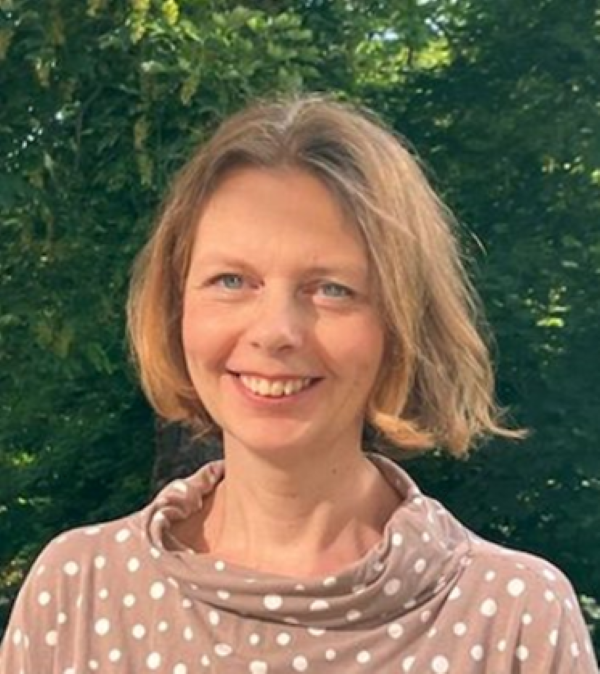 Zsófia Keresztes
Zsófia Keresztes
Chemical engineer and senior researcher studying MIC based electrochemical processes in her PhD and gained different biocorrosion, biofouling related experience through participation in previous MIC related international projects. In the field related to the characteristics of interfaces between inanimate and biological systems, she has recently been working on the development of monitoring systems and biosensors.
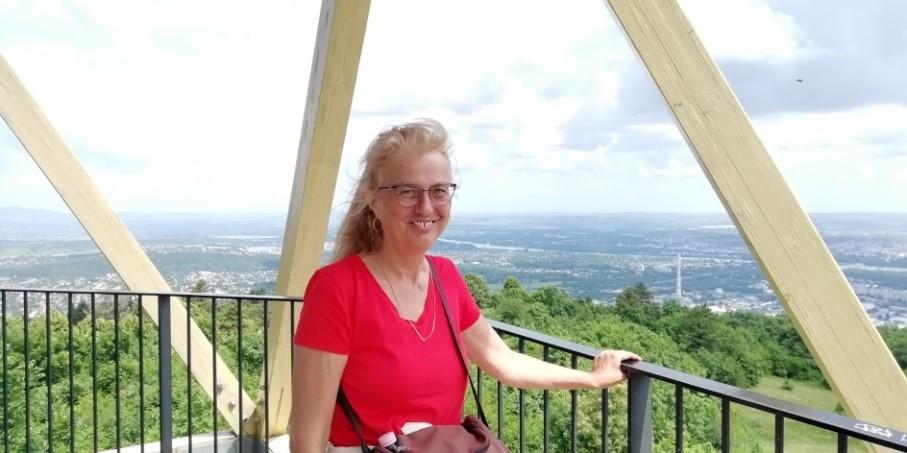 Ilona Felhősi
Ilona Felhősi
Senior researcher and has been working in the field of applied electrochemistry for 30 years. Her research area is various areas of corrosion and corrosion protection, such as corrosion inhibitors, passivity and local corrosion, galvanic corrosion, organic coatings. In addition, she has several years of experience in energy storage, especially in the field of supercapacitors and sensors based on electroanalytical measurements.
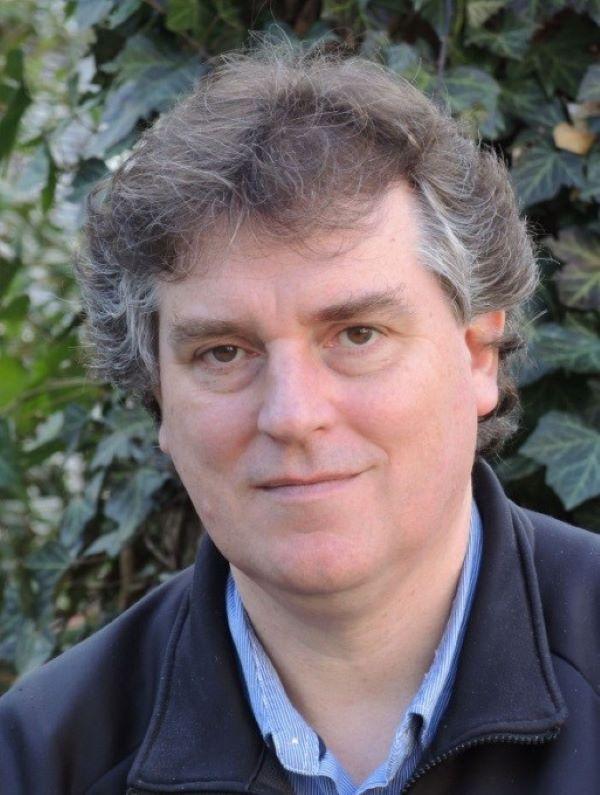 Gábor Mészáros
Gábor Mészáros
Senior researcher received his diploma in electrical engineering from the Technical University of Budapest, but soon he started to work in a research group focusing on electrochemistry and corrosion. He defended his PhD thesis already in electrochemistry at Eötvös Lóránd University of Sciences, Budapest. As a guest researcher he spent a few years in Research Centre Jülich, Germany and at University of Bern, Switzerland. His main interest is the development of sensitive measuring techniques, involving electrochemical impedance and noise, break-junction technique in molecular electronics, and piezoelectric acoustic gravimetry.
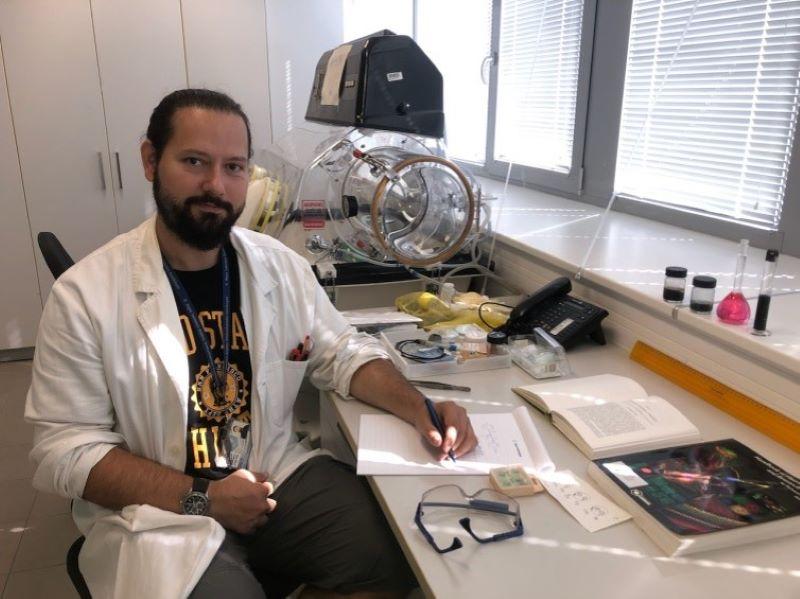 Tamás Szabó
Tamás Szabó
Researcher graduated at Budapest Technology and Economics as a chemical engineer, with a focus on materials sciences. The objective of his PhD work was the decelopment of microcapsules-containing paint coatings of structural steel surfaces applied in outdoor circumstances or submerged in sweet water. This included both preparative and physical, electrochemical characterization work on core-shell and solid matrix microcapsules for self-healing and antifouling purposes. Since his PhD graduation in 2015 Tamas has been involved in other micro/nanoparticle- and layer-based sensing research as well.
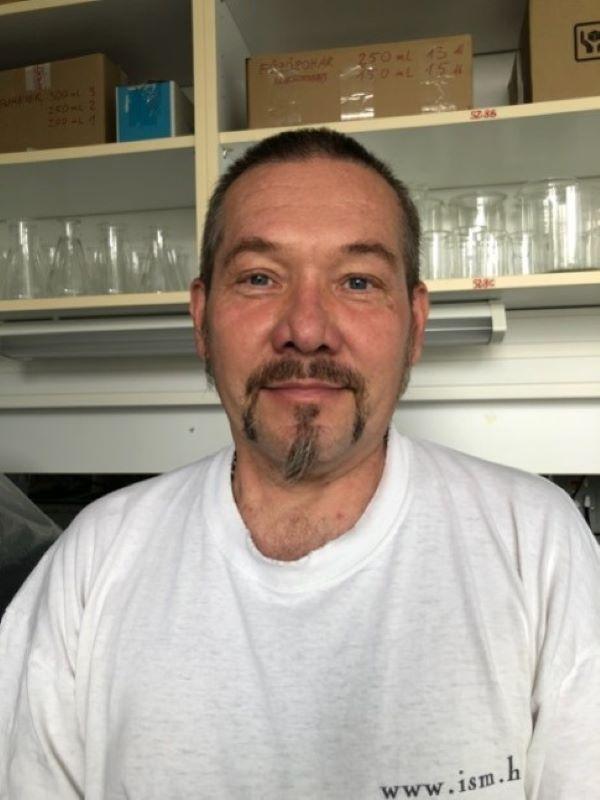
Tamás Marek
Senior researcher whose current interest is the electrodeposition of polymeric layers to be used in sensorics. He received his PhD in nuclear chemistry, then later moved to the field of electrochemistry aimed to characterize supercapacitors.
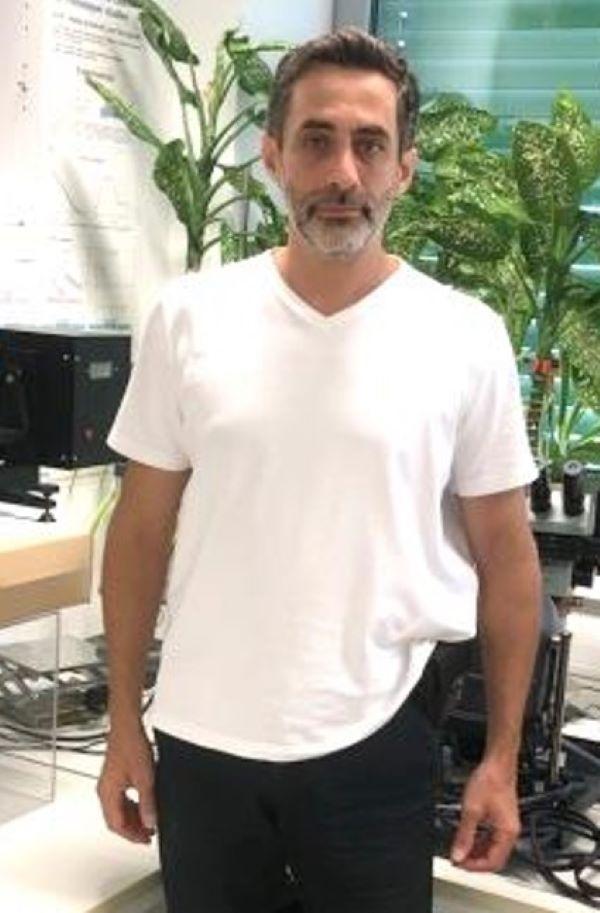 Loránd Románszki
Loránd Románszki
MSc in nanotechnology, University of Twente, PhD in chemistry, Budapest University of Technology and Economics) participated in four Marie Curie projects on interfacial chirality, microbiological corrosion, hydrogen storage and interfacial enzyme reactions. His areas of interest are surface modification, molecular ordering at interfaces, sensing applications of Langmuir films and Langmuir-Blodgett layers, atomic force microscopy, contact angle and wetting.